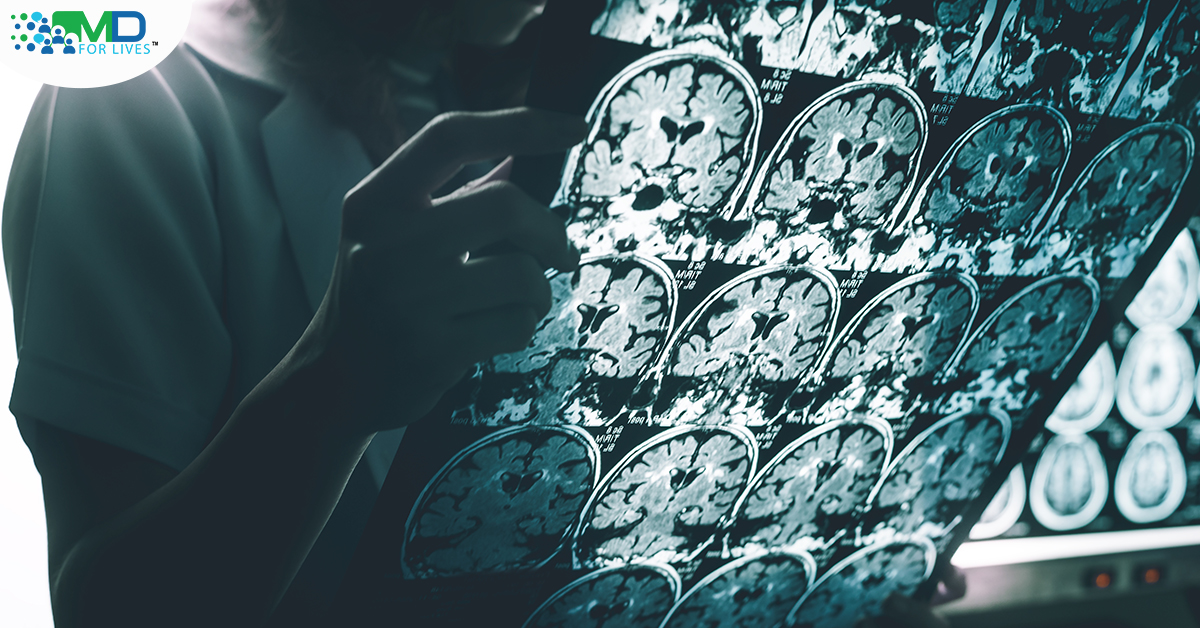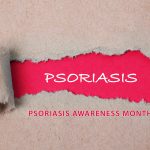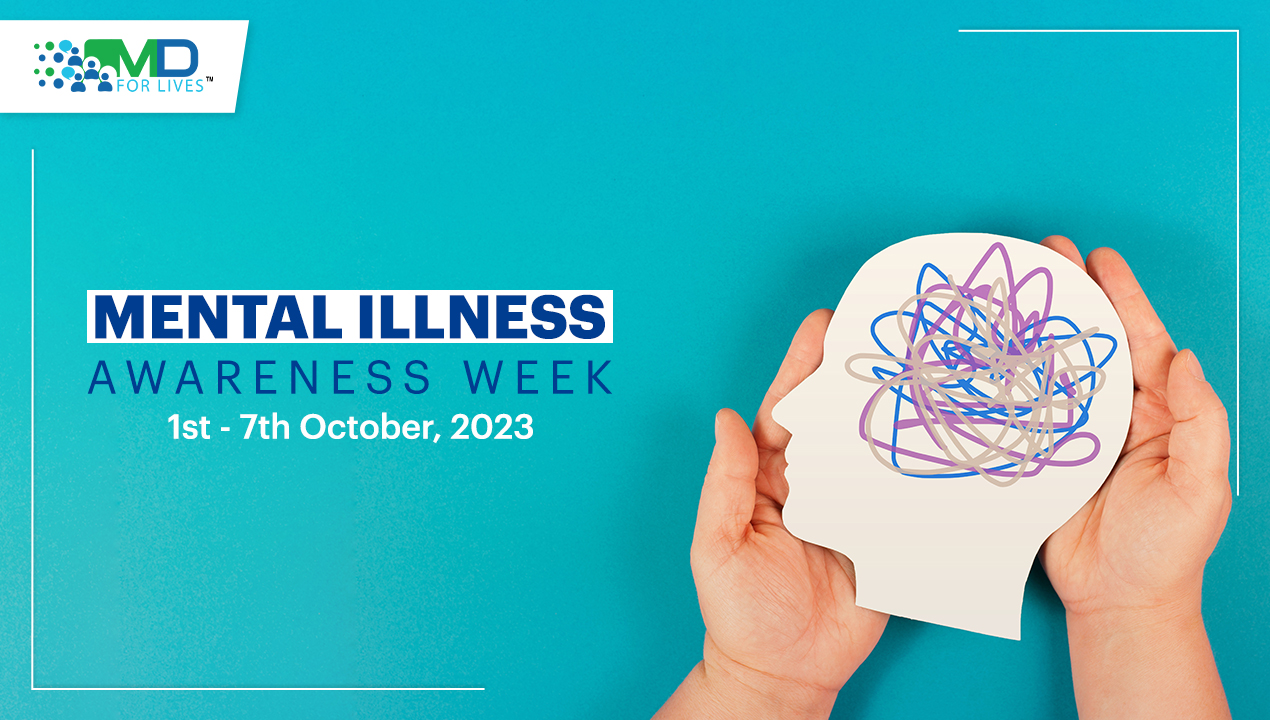Do you have loved ones who start to forget specific details in their lives? Have you been listening to repeated recounts of your grandparent’s stories? Are you anxious about forgetting your happiest memories when the time comes? Alzheimer’s disease is a widely known neurodegenerative condition but may not be studied in-depth by most people.
Given that almost every one of us has a few grey-haired loved ones close to our hearts, Alzheimer’s disease awareness is a must in this modern generation.
The growing population of today has raised a more significant number of young individuals, outnumbering the elderly, and with the advancements of technology, we may be expecting longer life spans. Though this may be a good thing in general, we must still be prepared with the accompanying complications of having longer lifespans, most particularly neurodegeneration. The younger population of today must be ready to take care of our beloved elderly with Alzheimer’s disease.
It all starts with a decline in memory manifested with dementia. The current problem of today is that these are diagnosed later than ever. Dementia-related memory complaints in the general population have been dismissed as ageing-related memory lapses and thus is most commonly diagnosed later than usual. While the incidence of reported memory complaints from co-habitants of the patients is found to be a reliable indication of dementia, observations like these indicate that the disease process has already progressed significantly enough to lose touch of the normal memory function. In light of these findings, researchers are studying the related biological functions that are relevant to dementia, enough to detect neurodegeneration earlier than actual symptomatic manifestations, making the diagnosis of Alzheimer’s disease. This is to find out earlier if the patients have impending neurodegeneration and cognitive decline and give them a fighting chance to our beloved elderly on having a better prognosis against Alzheimer’s disease. So what can we do for our silver-streaked loved ones to maintain better brain health and prevent early onset memory losses?
Adequate food intake should be maintained. Patients starting to have dementia have a decreased sense of smell and thus may affect their appetite and overall feeding habits. This can be dealt with through a combination of variations in meals and behavioural interventions in feeding. Our elderly loved ones are already beyond their prime years. We must make sure that they have the best food they can have, both delicious and nutritious!
Never underestimate the power of antioxidants. Vitamin E, also known as alpha-tocopherol, has significant antioxidant properties allowing it to prevent further degeneration of the neurons and protects if from reactive oxygen species than can induce mutations in the healthy cells. Vitamin E can be given at 2000 international units (IU) for a modest advantage for patients suspected to have Alzheimer’s disease or are about to have one.
Consider cognitive rehabilitation. It only makes sense that the primary intervention for people with Alzheimer’s disease is directly for their cognitive performance. The brain acts like a muscle, that needs to be trained in order to be more functional. This principle is applicable to memory and cognition as cognitive rehabilitation aims to maintain adequate brain function, at least for daily living, through a series of tests and games that can be done every day. Fortunately for us, it has never been so convenient having accessible mobile applications and websites that help in the cognitive function and memory of the general population. This would be a perfect avenue for the elderly to spend their days, not just in their lawn couches, but also doing something productive and enriching.
Maintain regular physical activity for the elderly. It is no secret that exercise is one of the holy grails of optimal health, but for Alzheimer’s disease, it also works wonders. It was found that regular exercise can help slow down the rate of dementia in patients that are predisposed to it. Though it cannot stop neurodegeneration completely, slowing the progression can give our loved ones more time with a better quality of life, with their family and friends for the years to come.
Surround them with other people. Being cooped up in their rooms on a bright sunny day may be counterproductive to the general health status of our elderly, especially for their brain. The human, as a social being, is designed to communicate and interact with one another and thus may warrant occasional contact with other people. This not only takes their mind off things but also improves their specific areas of brain function such as face recognition, verbal function, and overall memory. Friends are the ones we cannot completely write in our prescription pads, but guarantees significant betterment in the management of cognitive decline.
Altogether, these aim to significantly improve the cognitive performance of the elderly who are predisposed to having Alzheimer’s disease, especially ones that are diagnosed earlier. While this may less likely be reversed in the near future, maintaining its healthy state is a manageable job for every one of us. One of the primary problems of today is awareness, which is why this article deserves to be shared with your loved ones, to help them cope with an impending cognitive decline.

References:
Bacci, M. L. (2017). A concise history of the world population. John Wiley & Sons.
Kryscio, R. J., Abner, E. L., Caban-Holt, A., Lovell, M., Goodman, P., Darke, A. K., … & Schmitt, F. A. (2017). Association of antioxidant supplement use and dementia in the prevention of Alzheimer’s disease by vitamin E and selenium trial (PREADViSE). JAMA neurology, 74(5), 567-573.
Rahman-Filipiak, A. M., Giordani, B., Heidebrink, J., Bhaumik, A., & Hampstead, B. M. (2018). Self- and Informant-Reported Memory Complaints: Frequency and Severity in Cognitively Intact Individuals and those with Mild Cognitive Impairment and Neurodegenerative Dementias. Journal of Alzheimer’s Disease, 1–18. doi:10.3233/jad-180083







2 Comments
How physical fitness helps to delay dementia in elderly women - MDforLives
5 years ago[…] and behavior of the affected person. It is a common symptom of neurological diseases like Alzheimer’s disease, Parkinson’s disease, vascular diseases etc. Neurodegenerative dementia is related to aging and […]
Physical fitness in middle age can delay dementia in elderly women - MDForLives
4 years ago[…] and behavior of the affected person. It is a common symptom of neurological diseases like Alzheimer’s disease, Parkinson’s disease, vascular diseases etc. Neurodegenerative dementia is related to aging and […]